Wednesday, October 24, 2007
the way of tea
To witness the Tea Ceremony, even if it was an instructional version, was wonderful. I respect how even in contemporary Japanese culture people are connected to tradition. The ceramic vessel has been used and admired in everyday life in Japan for thousands of years. The Tea Ceremony is a codified practice, which has evolved throughout the centuries, but it still hold true to the original intentions of the Zen monks. I like that people are continuing to practice the Ceremony, with the idea that it spreads peace. I have read very little about Zen Buddhism, but I understand that there are different levels of enlightenment, and that there are different ways to attain enlightenment as well. I believe that Zen Buddhists find peace and understanding by taking part in this ceremony. This is not hard for me to imagine, as I felt similar feelings by simply observing one. Here we are in the month that is considered to be the most “wabi”, October. The understanding that beauty is not on the outside, that imperfections and deformities can be the very things that make something special, and that we are all connected to everything else all realizations that one needs to attain in order to become “enlightened”. The Tea Ceremony seems to assure that the people who take part in it, observe or ponder these thoughts. I love how every move seemed to be intentional, yet without thought. If the practice became something that could be done without thought I believe it could be closer to a means of meditation, which it most likely is to many. The four main aspects were: Harmony, Respect, Purity and Tranquility. It is hard to dislike this list. I feel a connection to a practice that elevates a food and drinking experience to such a degree. It is special to see that part of the ceremony, after the guests drink tea, they are expected to take a moment to admire the ceramic vessels from which they had just drank the “macha” tea. The Tea Ceremony, and all of its traditions have changes through the ages. It is nice that the Buddhists came to admire less perfected forms, like those from rural Korea. Their deep understanding of themselves, and their relationship to the universe makes it much easier for me to accept that they are on to something. I would like to go to Japan one day, and to witness a tea ceremony in a temple. It is not easy for me to write about how this can or will influence my ceramic work in the future. I can say that I think that I would like to become a potter who is less concerned with being contemporary, and one who meditates.
Subscribe to:
Post Comments (Atom)
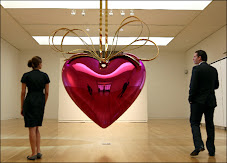.jpg)
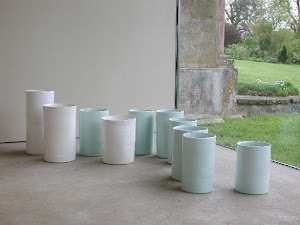


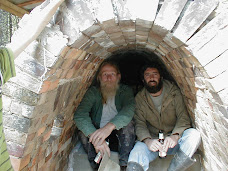





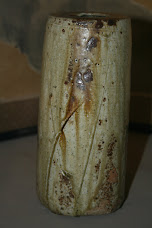
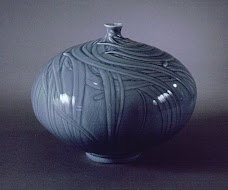

No comments:
Post a Comment